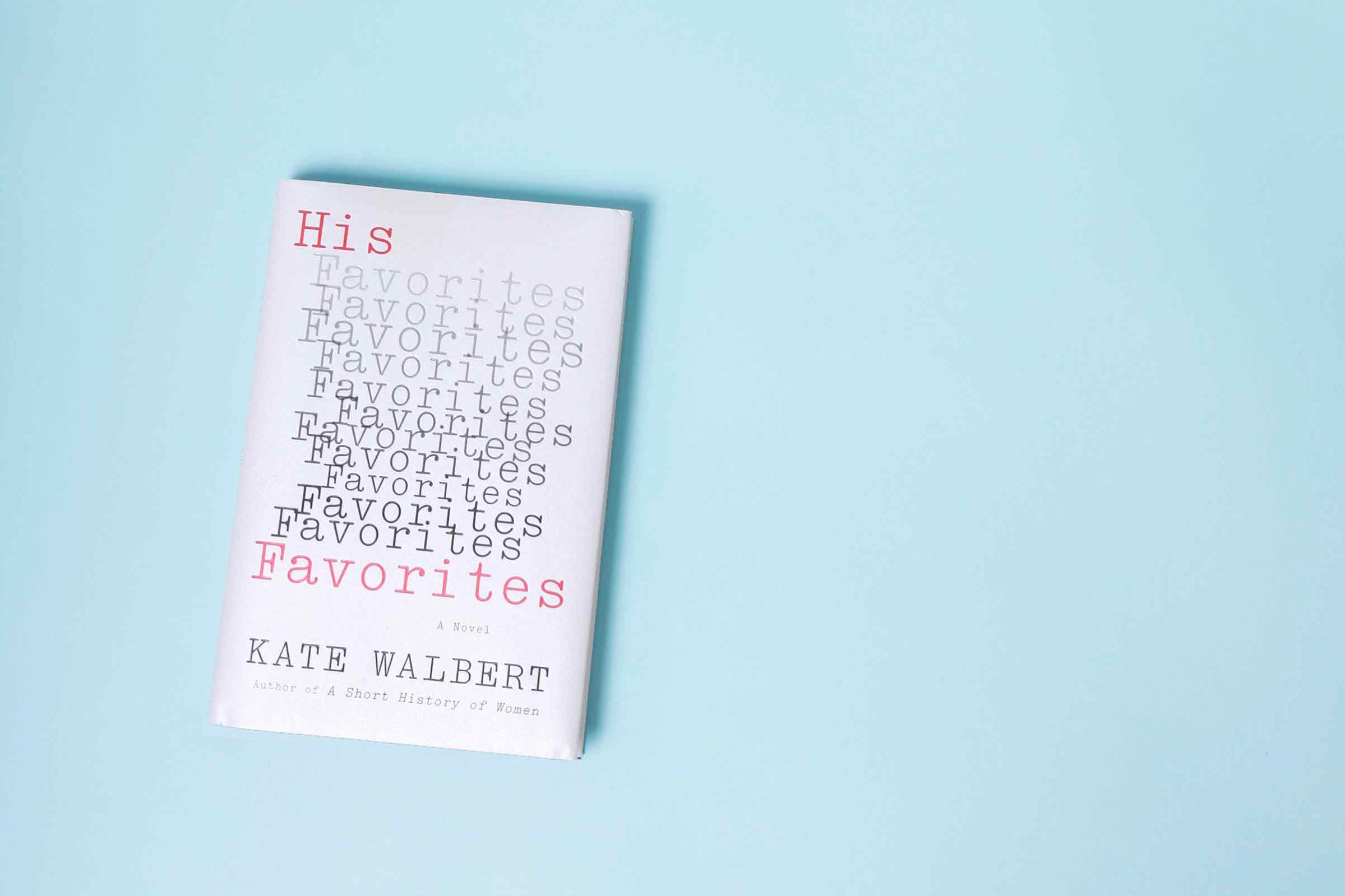
Of all the lessons gleaned from #MeToo, one stands out as particularly sinister: before things turn treacherous, there’s a moment when predation can feel dangerously like kindness. A young person, not yet aware of his or her power, is made to feel special–and then it’s too late. Kate Walbert, author of His Favorites, understands this.
Jo is 15 years old and new at Hawthorne, the upper-crust boarding school where she has transferred in the wake of a personal tragedy. Her best friend is gone. Her parents are separating. Nothing is right. Along comes Master Aikens, the magnetic English teacher whose modern-lit class is so popular, it requires an application. Master spots Jo and invites her to apply. She’s only a sophomore–too young–but he makes exceptions, he says.
“This was the first time a man had spoken to me so directly,” Jo thinks. “A man with … a way of looking as if anything I said he could not only understand but somehow make more sense of, righting all the shattered objects back on the shelf.” This is the moment, Jo explains, that she’d like to flatten into a film strip and watch burn to ashes–to erase from her history. Because soon after, there is the “academic” meeting in Master’s apartment. Next, the handwritten note slipped under her dorm-room door. Then, the first rape.
Walbert, a National Book Award finalist and author of the best-selling A Short History of Women, sets Jo’s experiences with Master in the late ’70s–the same decade the author attended a prestigious boarding school. But Jo narrates from the present, occasionally breaking the fourth wall to speak directly to you–the person who has asked to hear this story.
And so we have. Over the past year, we’ve heard an overwhelming number of stories of sexual mistreatment. Walbert’s is surely just one of many novels that will come to grapple with #MeToo, but it begs to be read. In just 149 efficient pages, she urges us to remember that sharing–and listening–are only the first steps toward righting a culture. For Jo, the past is a “cool, dark pond,” and her feet will always be damp. Adult Jo has learned, just as we have learned, that she’s far from alone–and there’s work to be done.
This appears in the September 03, 2018 issue of TIME.
More Must-Reads from TIME
- Cybersecurity Experts Are Sounding the Alarm on DOGE
- Meet the 2025 Women of the Year
- The Harsh Truth About Disability Inclusion
- Why Do More Young Adults Have Cancer?
- Colman Domingo Leads With Radical Love
- How to Get Better at Doing Things Alone
- Michelle Zauner Stares Down the Darkness
Write to Lucy Feldman at lucy.feldman@time.com